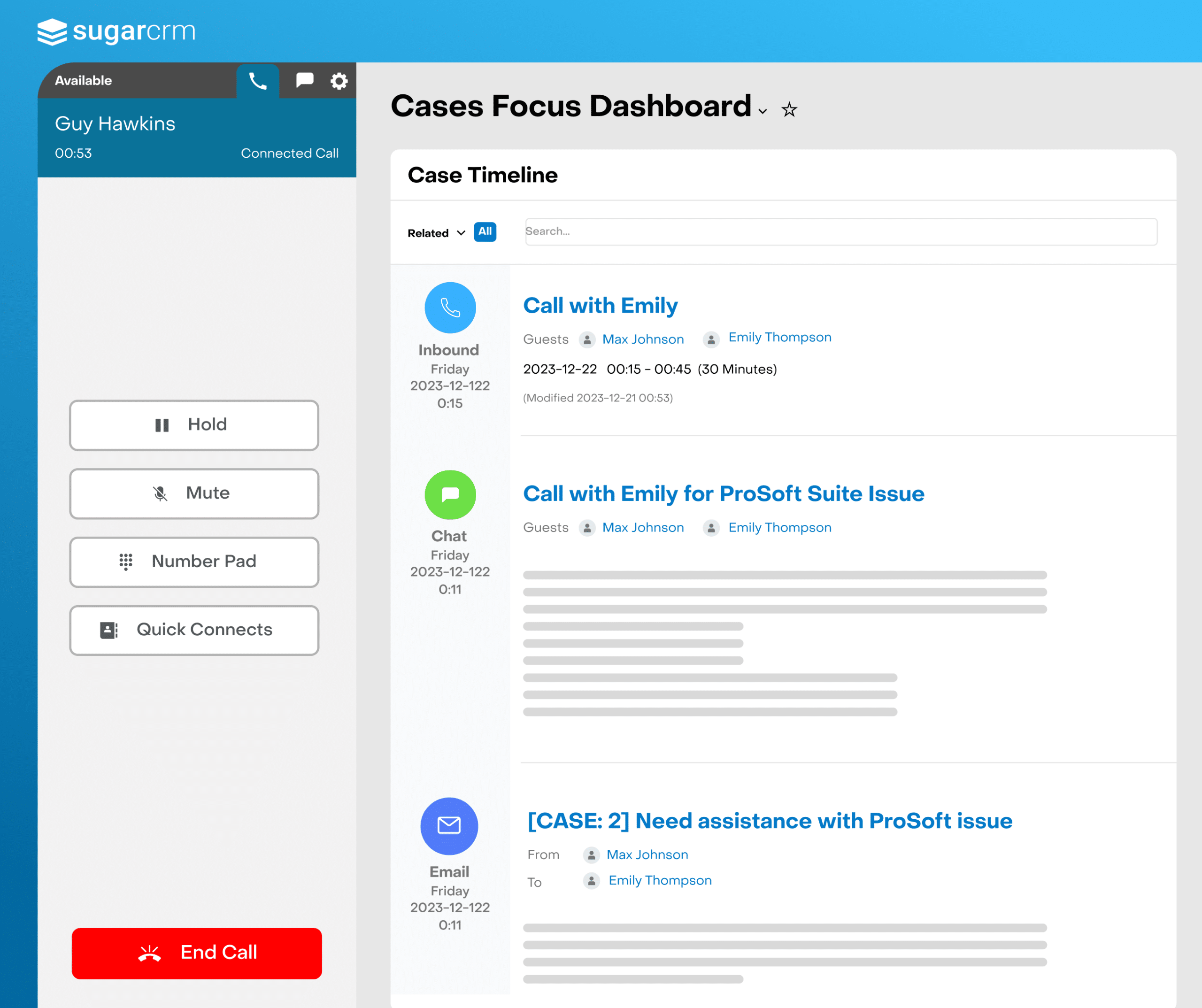Modern CRM Best Practices – Get Marketing and Sales on the Same Page
Organizations that view their CRM as a tool to track sales leads and record data about current customers are missing opportunities to get the most out of the system.
It seems a given that CRM needs to evolve to meet the need to of today’s digital economy and empowered customer, but many CRM offerings lack the critical components needed to succeed in today’s world of fast-paced change, highly-informed consumers, and a constantly expanding array of customer touch points.
One of the first issues is that many legacy CRM deployments were done as departmental silos, meaning the software and processes were limited to a single company department or portion of the customer lifecycle. This leads to disconnection between departments, difficulty presenting a consistent message to customers, and ultimately frustrated customers.
Our latest blog series will provide ways organizations can leverage modern CRM tools to better align the entire organization around the customer lifecycle.
Better Alignment Between Marketing and Sales
In most companies, sales and marketing are separate departments. Organizations typically rely on the marketing team (and marketing automation software) to develop, score and nurture leads, and then simply “throw them over the wall” to the sales team. From there, it’s up to sales to turn a lead into a paying customer.
As service becomes more important, and as we increasingly move to a subscription economy – that wall between lead generation and sales processes needs to be torn down.
One of the weaknesses in the marketing-to-sales handoff is the lack of visibility and context around the true nature of the lead. Even if it’s highly qualified, much more information and work is needed to better route and engage a marketing-qualified prospect. A modern CRM takes the handoff from the demand generation tool, and can add far more sophisticated routing rules to make sure that every new lead is sent to the correct person in sales, and also ensure that existing customers are not sent to the wrong agents, reducing “lead cannibalization.”
Advanced workflow capabilities inside modern CRM tools can ensure that not only are leads nurtured, but post-sale follow ups, renewal notifications and other revenue-generating actions all improve the quality of marketing directed to known customers. After all, studies show that the probability to selling to existing customers is 60-70% higher than selling to new prospects.
So, is your CRM aligned to meet the demands of the empowered customer? Can you bridge the gap between your sales and marketing teams?
Modern CRM tools offer organizations the ability to create a more cohesive, cross-departmental view of the customer journey. And these tools are flexible – and affordable – so the actions of every customer-facing employee can make informed decisions with access comprehensive information about the customer, This customer data must be orchestrated across all departments to deliver a consistent message throughout the entire customer journey.
